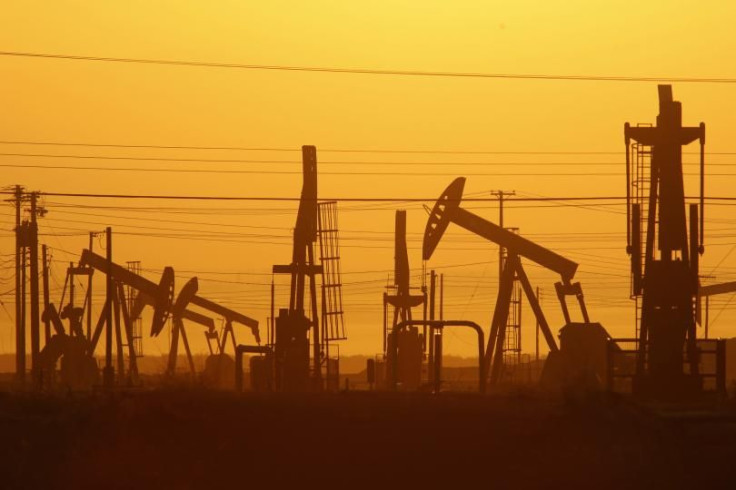Wyoming Judge Strikes Down Obama Administration’s Fracking Regulations

The District Court of Wyoming ruled Tuesday that federal regulators lack the Congressional authority to frame rules for hydraulic fracturing, or fracking. The ruling, issued by U.S. District Judge Scott Skavdahl — who was appointed by President Barack Obama in 2011 — deals a major blow to the U.S. government’s efforts to regulate the controversial drilling practice.
“The issue before this Court is not whether hydraulic fracturing is good or bad for the environment or the citizens of the United States. The Constitutional role of this Court is to interpret the applicable statutory enactments and determine whether Congress has delegated to the Department of Interior legal authority to regulate hydraulic fracturing,” Skavdahl wrote in the ruling. “It has not.”
Fracking involves exploding shale rocks using a high-pressure water mixture to create fissures for the extraction of trapped natural gas. The process is carried out vertically, or more commonly by drilling horizontally to the rock layer. In recent years, the process — which has been used in the U.S. since 1940s — has become increasingly popular as companies attempt to boost domestic oil production and drive down gas prices.
However, activists have questioned the negative impact of fracking on the environment and whether it can lead to groundwater contamination.
Last year, the Bureau of Land Management drafted rules that, if implemented, would have required companies to ensure that fracking wells are properly constructed, wastewater is stored in a proper manner, and would also have forced them to disclose the chemicals they use to improve fracking efficiency.
However, Colorado, North Dakota, Utah and Wyoming opposed the rules, and Skavdahl later blocked implementation of the regulations.
“Congress has not delegated to the Department of Interior the authority to regulate hydraulic fracturing. The BLM's effort to do so through the Tracking Rule is in excess of its statutory authority and contrary to law,” Skavdahl wrote. “Congress’ inability or unwillingness to pass a law desired by the executive branch does not default authority to the executive branch to act independently, regardless of whether hydraulic fracturing is good or bad for the environment or the Citizens of the United States.”
© Copyright IBTimes 2025. All rights reserved.






















